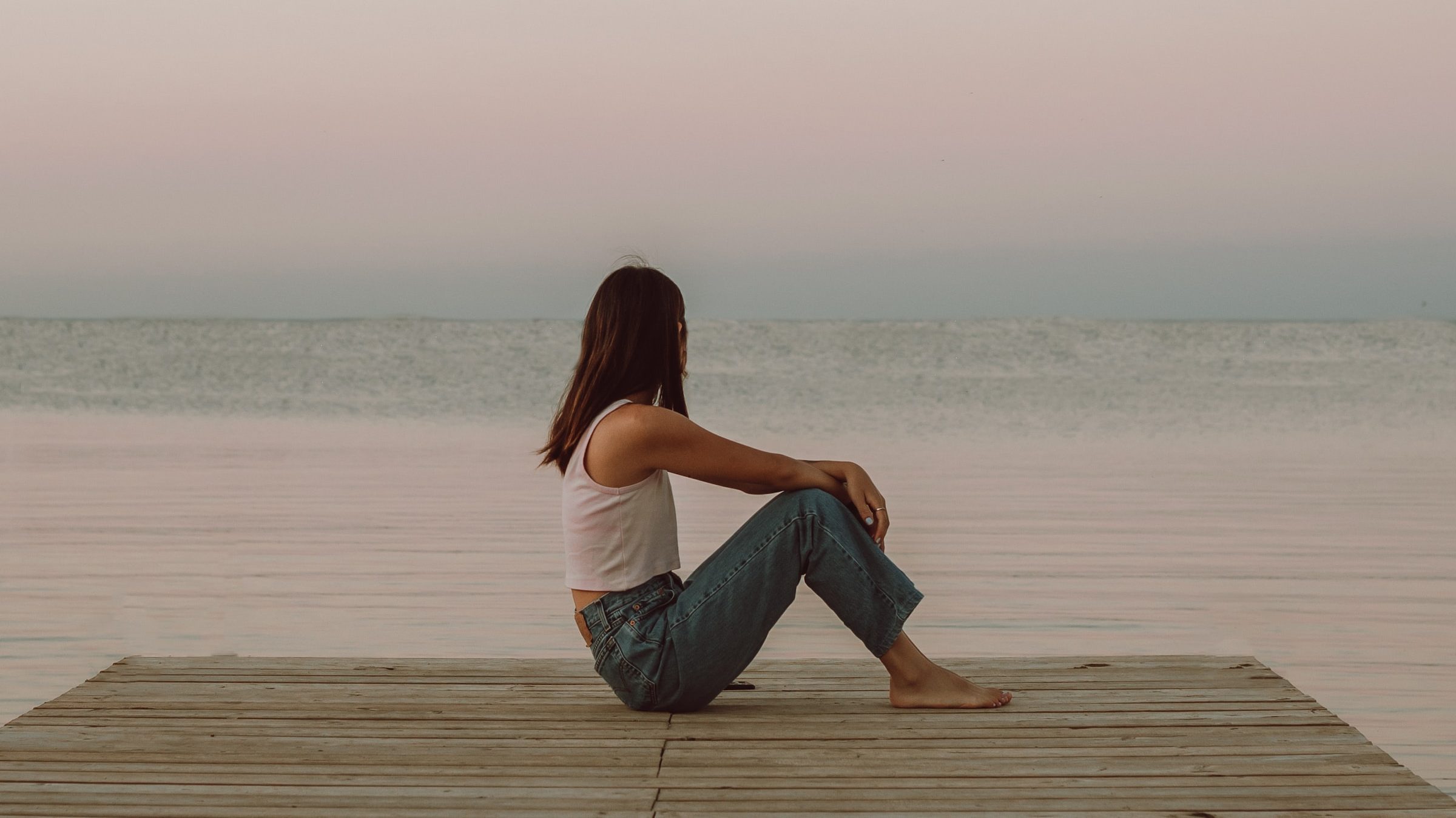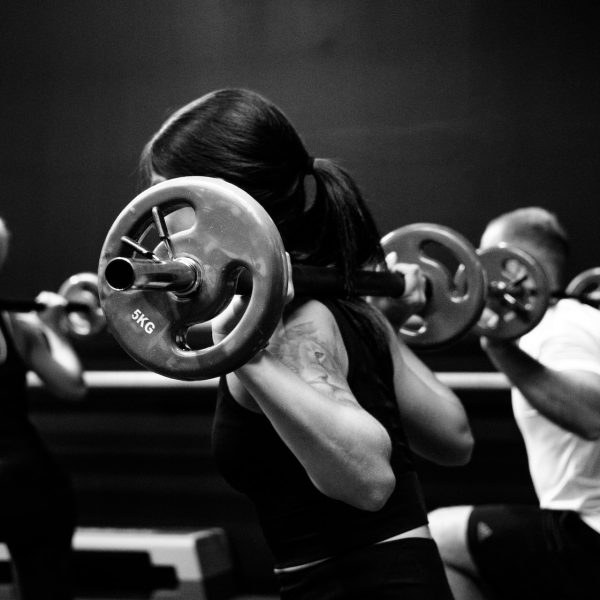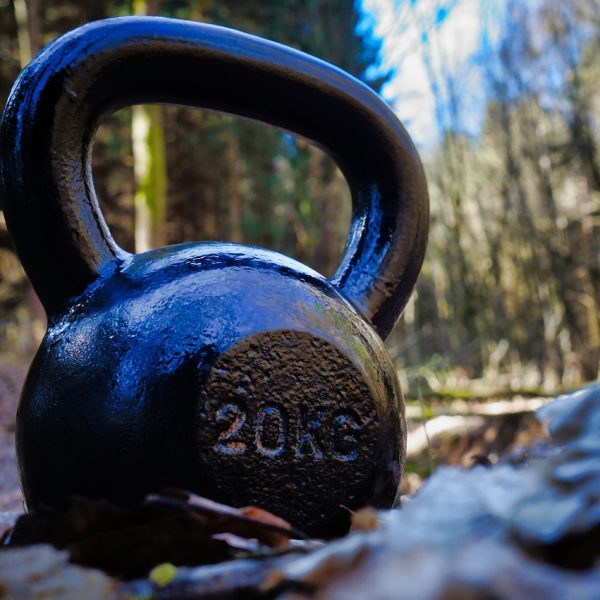10 Most Helpful Relaxation Techniques to Improve Mental Health!
In today’s fast-paced world, where stress has become a common companion, prioritizing mental health is crucial. Incorporating relaxation techniques into your daily routine can significantly improve mental well-being. Here, we explore ten of the most helpful relaxation techniques that you can easily integrate into your lifestyle.

Deep Breathing Exercises: Deep breathing is a simple yet powerful technique to alleviate stress. Practice diaphragmatic breathing by inhaling deeply through your nose, allowing your abdomen to expand, and exhaling slowly through your mouth. This technique activates the body’s relaxation response, promoting a sense of calm.
Mindfulness Meditation: Mindfulness meditation involves focusing your attention on the present moment without judgment. Through regular practice, mindfulness can reduce anxiety and enhance overall mental clarity. Apps like Headspace and Calm offer guided meditation sessions to help you get started.
Progressive Muscle Relaxation (PMR): PMR involves systematically tensing and then relaxing different muscle groups. This method helps release physical tension and promotes a state of deep relaxation. By consciously relaxing each muscle group, you can become more attuned to bodily sensations and reduce overall stress levels.
Guided Imagery: Guided imagery involves creating a peaceful mental image to promote relaxation. Close your eyes, breathe deeply, and visualize a serene place. This technique can transport your mind away from stressors, helping you achieve a sense of tranquility.
Yoga: Combining physical postures, breath control, and meditation, yoga is a holistic approach to relaxation. Regular yoga practice can improve flexibility, balance, and mental focus while reducing stress. Many online platforms offer guided yoga sessions suitable for all levels.
Aromatherapy: Certain scents, such as lavender, chamomile, and eucalyptus, are known for their calming properties. Incorporate aromatherapy into your routine by using essential oils, candles, or diffusers. The soothing scents can create a peaceful environment and promote relaxation.
Listening to Music: Music has a profound impact on emotions and can be a powerful tool for relaxation. Create playlists with calming tunes and take time to immerse yourself in the music. Whether classical, ambient, or nature sounds, find the genre that resonates with you for a soothing experience.
Journaling: Expressive writing can be therapeutic. Take a few minutes each day to jot down your thoughts and feelings. This practice can help you gain insights into your emotions, reduce stress, and create a sense of order in your mind.
Social Connection: Spending time with loved ones and engaging in positive social interactions is essential for mental health. Whether in person or virtually, maintaining a strong support network can provide emotional support, reducing feelings of isolation and stress.
Digital Detox: Constant exposure to screens and digital devices can contribute to stress and anxiety. Designate specific times for a digital detox, where you disconnect from emails, social media, and other online distractions. This break allows your mind to reset and promotes a healthier relationship with technology.
Summary:
Incorporating these relaxation techniques into your daily routine can significantly contribute to better mental health. Experiment with different methods to find what works best for you, and remember that consistency is key. Taking time for self-care and relaxation is not a luxury but a fundamental aspect of maintaining a healthy and balanced life. Prioritize your mental well-being, and watch as these practices positively impact your overall quality of life.








